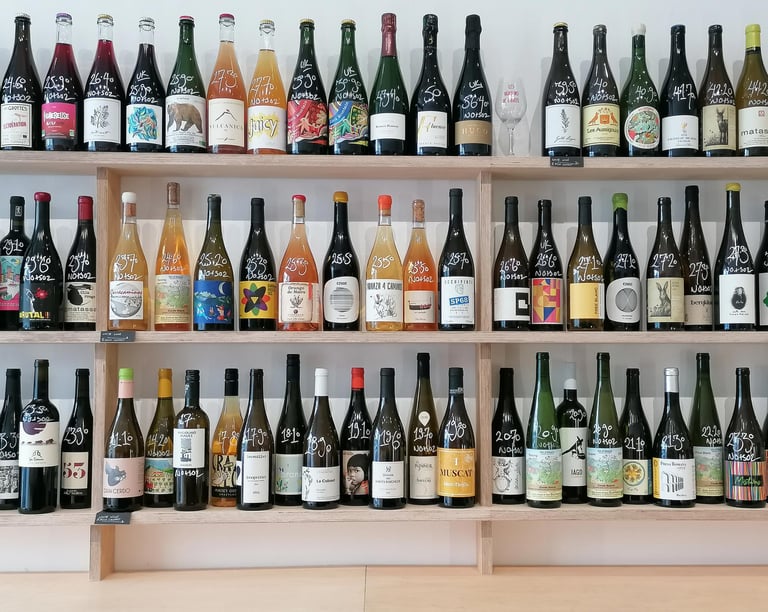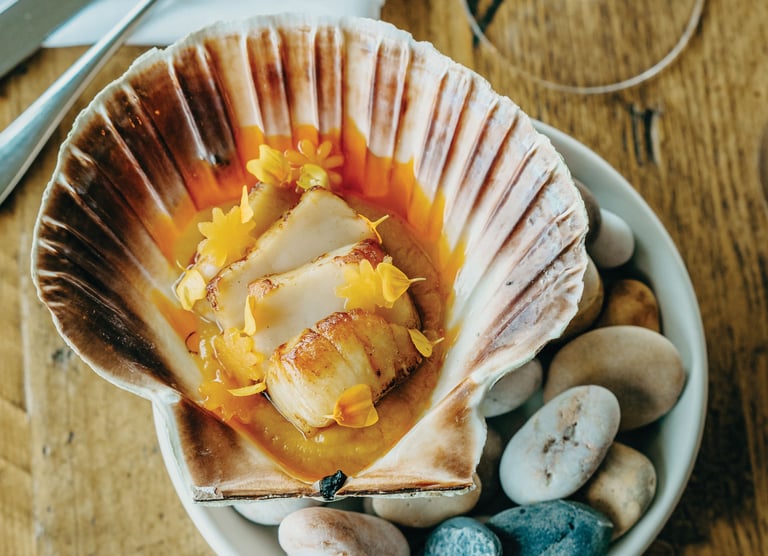Rapeseed oil may be rich in Omega 3, but do you know how to use it, or what to look for when buying it?
Frome farmer and Fussels Fine Foods founder Andy Fussell answers the pressing questions
CHOOSE COLD-PRESSED
Not all oils are created equal. Mass-produced oil is extracted from rapeseed using heat – and solvents – which kickstarts the degradation process. With cold-pressed oil, nothing is added or taken away so you get a completely natural product.
LOOK FOR OIL IN DARK GLASS BOTTLES
Light degrades the quality of oil over time, so we use green bottles which help protect it from the light (although it’s still important to store it out of direct sunlight). Think of the green glass like a pair of sunglasses – it’s important to wear them, but you still can’t look directly at the sun. We use glass instead of plastic as it’s easier to recycle.
RAPESEED CAN STAND THE HEAT
Rapeseed oil can withstand much higher temperatures than other popular oils. Its versatility makes it great for stir fries and roasties as well as fried eggs and bread making.
AVOID THE PALE STUFF
Quality rapeseed oils are a vibrant shade of yellow and yield a deliciously-nutty flavour. Cheap rapeseed oil is usually runny, pale and bland.
IT’S NOT JUST FOR SAVOURY DISHES
Other oils’ characteristics and bold flavours can be overbearing in baking, but rapeseed’s delicate nature means it can be used in a variety of sweet treats such as carrot cakes and muffins.
CHECK THE ‘BEST BEFORE’ DATE
Although it will last longer, we pop a 12-month use-by date on our oils and ensure they’re on shop shelves within two weeks of pressing. We want customers to enjoy freshly pressed oil at its finest.
TERROIR DOESN’T AFFECT FLAVOUR
Unlike wine, coffee and many other crops, the location and growing conditions of the rapeseed doesn’t seem to have much effect on flavour. Rapeseed oil that’s grown and cold-pressed in Norfolk will taste very similar to one, such as ours, which is produced in Somerset.
Also try









